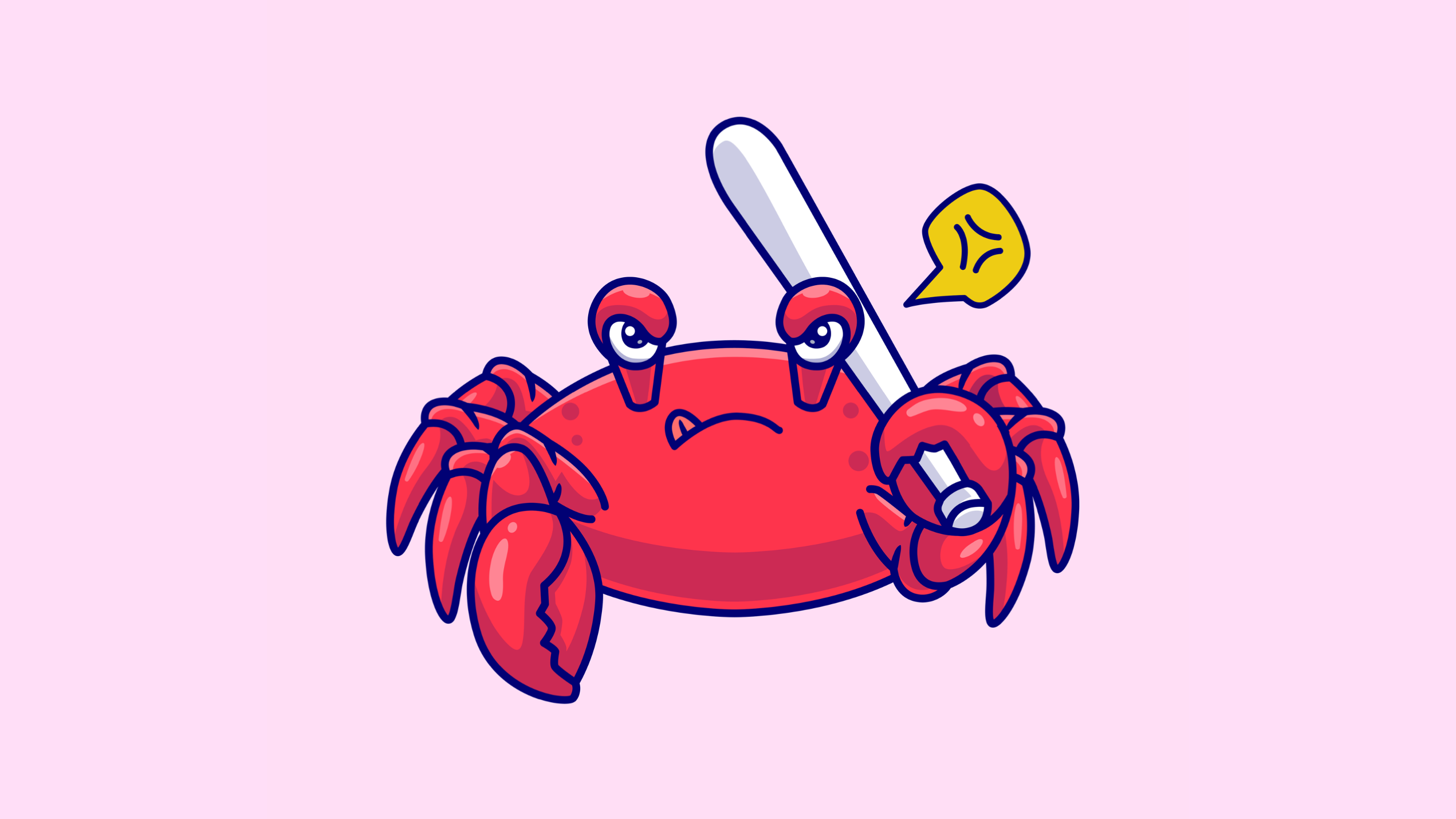Under the Sea - A Rustacean adventure
in Blog

What is covered
Type checking and inheritance. Rust has a pretty comprehensive type checking system
| Month | Savings |
|---|---|
| January | $250 |
| February | $80 |
| March | $420 |
fn first_name() {
println!("John");
}
An example of a program that uses conditional flow
// Topic: Decision making with match
//
// Program requirements:
// * Display "it's true" or "it's false" based on the value of a variable
//
// Notes:
// * Use a variable set to either true or false
// * Use a match expression to determine which message to display
fn main() {
// * Display "it's true" or "it's false" based on the value of a variable
// * Use a variable set to either true or false
let my_bool: bool = true;
// * Use a match expression to determine which message to display
match my_bool {
true => println!("it's true"),
false => println!("it's false"),
}
}
fn main() {
// * Use a variable set to any integer
let var: i32 = 3;
// * Use a match expression to determine which message to display
match var {
1 => println!("one"),
2 => println!("two"),
3 => println!("three"),
_ => println!("other"),
}
// * Use an underscore (_) to match on any value
}
Loops
// Topic: Looping using the loop statement
//
// Program requirements:
// * Display "1" through "4" in the terminal
//
// Notes:
// * Use a mutable integer variable
// * Use a loop statement
// * Print the variable within the loop statement
// * Use break to exit the loop
fn main() {
// * Use a mutable integer variable
let mut n: i32 = 1;
// * Use a loop statement
loop {
// * Print the variable within the loop statement
println!("{:?}", n);
n += 1;
// * Use break to exit the loop
if n > 4 {
break;
}
}
}
// Topic: Looping using the while statement
//
// Program requirements:
// * Counts down from 5 to 1, displays the countdown
// in the terminal, then prints "done!" when complete.
//
// Notes:
// * Use a mutable integer variable
// * Use a while statement
// * Print the variable within the while loop
// * Do not use break to exit the loop
fn main() {
let mut counter: i32 = 5;
while counter > 0 {
println!("{:?}", counter);
counter -= 1;
}
println!("done!");
}
sequenceDiagram
Alice->>John: Hello John, how are you?
John-->>Alice: Great!
Alice-)John: See you later!
Overview
Further Reading
